Plants Suffering from Propane
wolflover
18 years ago
Featured Answer
Sort by:Oldest
Comments (67)
trigger_m
18 years agoRelated Discussions
Update to 'Propane Making my Plants Sick'
Comments (1)How fortunate you discovered this problem before your plants got anymore stressed out. The unburnt fumes probably weren't good for YOU either! I watched my plants a little anxiously after your orginal post about fumes and the discussion that ensued. I know when I used the candles to heat the greenhouse during the power outage, that the air seemed a little "thick" in there after a while. I knew the building was definitly not airtight though and I opened the door to let it air out at the time. And no plant stress showed up. :)...See MoreTips for suffering plant
Comments (1)I am not an expert but here are some thoughts... You mentioned that your Lucky Bamboo are in glass vases. If these are clear glass, you may consider changing to something opaque. Light can accellerate the growth of fungus or algae in the water. Also it is important that if you cut the top off a main stalk, you need to seal the new top with wax. Check out the video from the Lucky Bamboo Expert Jacob Castro. As far as your Lucky Bamboo getting too tall, that is what it wants to do naturally. Hindering that can effect the health of the plant. Tall is good. Here is a link that might be useful: Sealing with wax...See MoreHelp! Hydrangea suffering from major transplant stress!
Comments (6)Yes, you're right! Major transplant stress! All you can do at this point is keep it well watered and hope for the best. I understand that sometimes need overrules proper timing but this switching containers should have been done while the plant was still dormant (late fall or winter), not now when it looks to be pretty much fully leafed out. And it is very difficult to downsize container plantings - typically you go up in size, never down. Downsizing just results in a lot of root disruption that a plant during the active growing season has a very hard time adjusting to. And it shouldn't be sharing space with the camellia. These are both decent sized shrubs that each need their own appropriately sized container. I also saw your rhody post. Rhodies can be cut back hard. That will help with legginess but it's going to take a couple of years before the plant looks decent. Let me just offer this thought.......in their current state, these plants all look pretty bad (and that's putting it mildly). Probably not the best image to portray in a public courtyard with folks coming and going, where you want plants to look lush and well groomed. I would suggest you give these plants to someone with a garden with room to care for stressed and unattractive plants outside of such a visible, public space. Then replace them with some healthy, new plants in good condition. It is also important to know that plants grown in containers need much more care and attention than do those same plants growing in the ground. You need to size the containers appropriately, use the right potting mix, provide adequate water and frequent fertilization and finally, realize that they will need to be removed from the containers periodically, root pruned, the soil refreshed and the plant repotted. You can't neglect container plantings and expect them to thrive or look good indefinitely - you can see for yourself the results....See MoreHELP! Schefflera plant suffering :(
Comments (4)That reminds me of photos I've seen of plants exposed to cold. Did it experience any cold? The other question, is there a drain hole in that pot and does the potting soil drain fast? They're the first things that come to mind when looking at that photo....See Moreweebus
18 years agochris_in_iowa
18 years agotrigger_m
18 years agochris_in_iowa
18 years agodfr24
18 years agowolflover
18 years agoorchiddude
18 years agostressbaby
18 years agotrigger_m
18 years agoweebus
18 years agospartum
17 years agomollyd
17 years agoorchiddude
17 years agolaserfan
17 years agomollyd
17 years agoorchiddude
17 years agomollyd
17 years agonathanhurst
17 years agoorchiddude
17 years agochris_in_iowa
17 years agonathanhurst
17 years agochris_in_iowa
17 years agowolflover
17 years agochris_in_iowa
17 years agomollyd
17 years agoorchiddude
17 years agooakhill (zone 9A, Calif.)
17 years agochris_in_iowa
17 years agoorchiddude
17 years agostressbaby
17 years agoorchiddude
17 years agolaserfan
17 years agogardenerwantabe
17 years agotrigger_m
17 years agonathanhurst
17 years agogardenerwantabe
17 years agomaineman
17 years agonathanhurst
17 years agolaserfan
17 years agonathanhurst
17 years agojimmydo2
17 years agonathanhurst
17 years agolaserfan
17 years agonathanhurst
17 years agolilies4me
17 years agokuroc
16 years agoorchiddude
16 years agowolflover
16 years ago
Related Stories
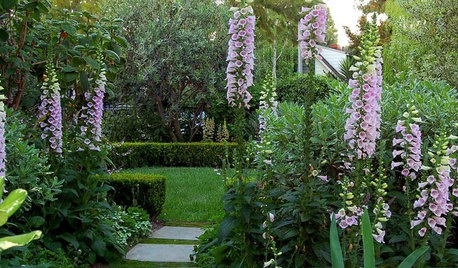
PETSGarden Alert: 22 Plants to Keep Away From Pets
Avoid potential danger by keeping dogs and cats away from these landscaping and houseplant favorites
Full Story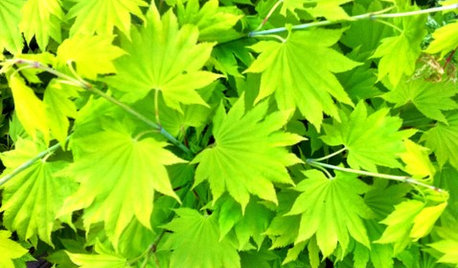
LIME FOLIAGE16 Stunners From an English Garden Center
Get the abundant, overflowing look of an English garden with these hardworking spring-blooming plants and flowers
Full Story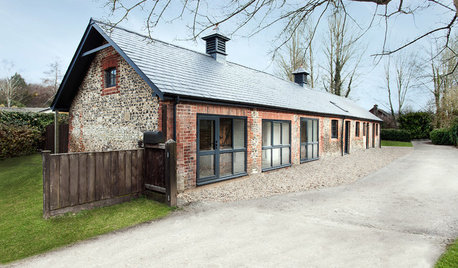
HOUZZ TOURSHouzz Tour: From Old Stable to Minimalist Guesthouse in England
Its interior bays once held racehorses, but now this all-white and wood home holds fascination as a modern part-time home
Full Story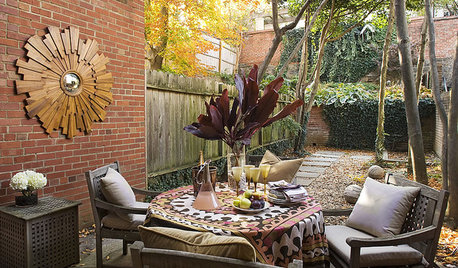
GARDENING AND LANDSCAPING6 Tips From Great Urban Gardens
Here's How to Create Your Own Outdoor Sanctuary in the City
Full Story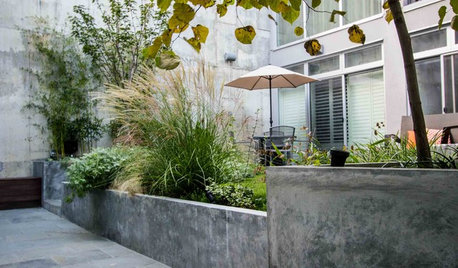
URBAN GARDENSFrom Concrete ‘Jail Yard’ to Lush Escape in Brooklyn
Once stark and uninviting, this urban backyard is now a welcoming retreat for relaxing and entertaining
Full Story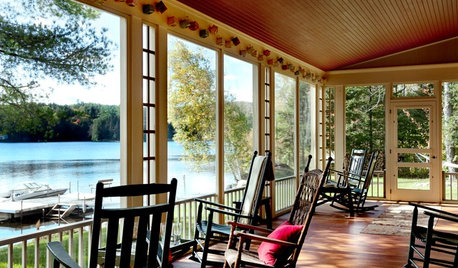
VACATION HOMESHouzz Tour: A Peaceful Lake House Rises From the Rubble
Crashing trees left this Vermont home uninhabitable, but a redesign made it better than ever
Full Story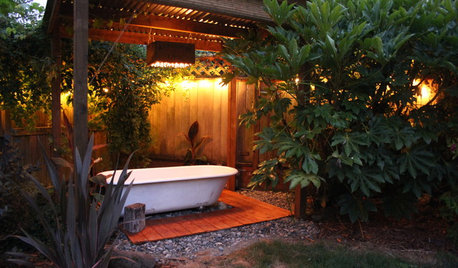
GARDENING AND LANDSCAPINGSee a Soothing Backyard Bathhouse Born From a Salvaged Tub
Creative thinking and DIY skills give a Portland couple a pergola-covered 'hot tub' under the stars
Full Story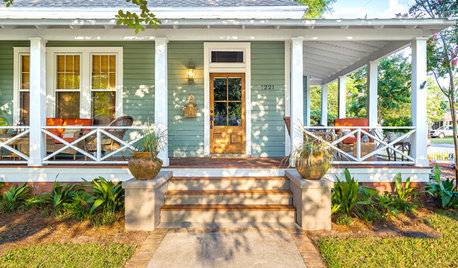
PORCH OF THE WEEKA Wraparound Goes From Unwelcoming to Irresistible
Renovating the porch adds neighborliness and charm to this 1908 Florida home
Full Story
FUN HOUZZEverything I Need to Know About Decorating I Learned from Downton Abbey
Mind your manors with these 10 decorating tips from the PBS series, returning on January 5
Full Story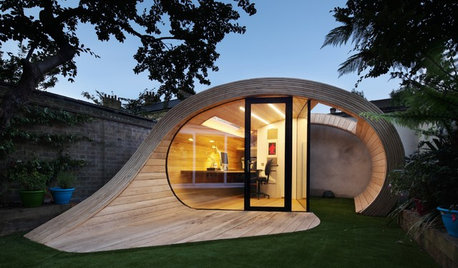
OUTBUILDINGSWorld of Design: 11 Inspiring Sheds From Santa Barbara to Stockholm
Outbuildings from around the world show how sheds and cottages set the scene for everything from baking in a sauna to beekeeping
Full Story



chris_in_iowa